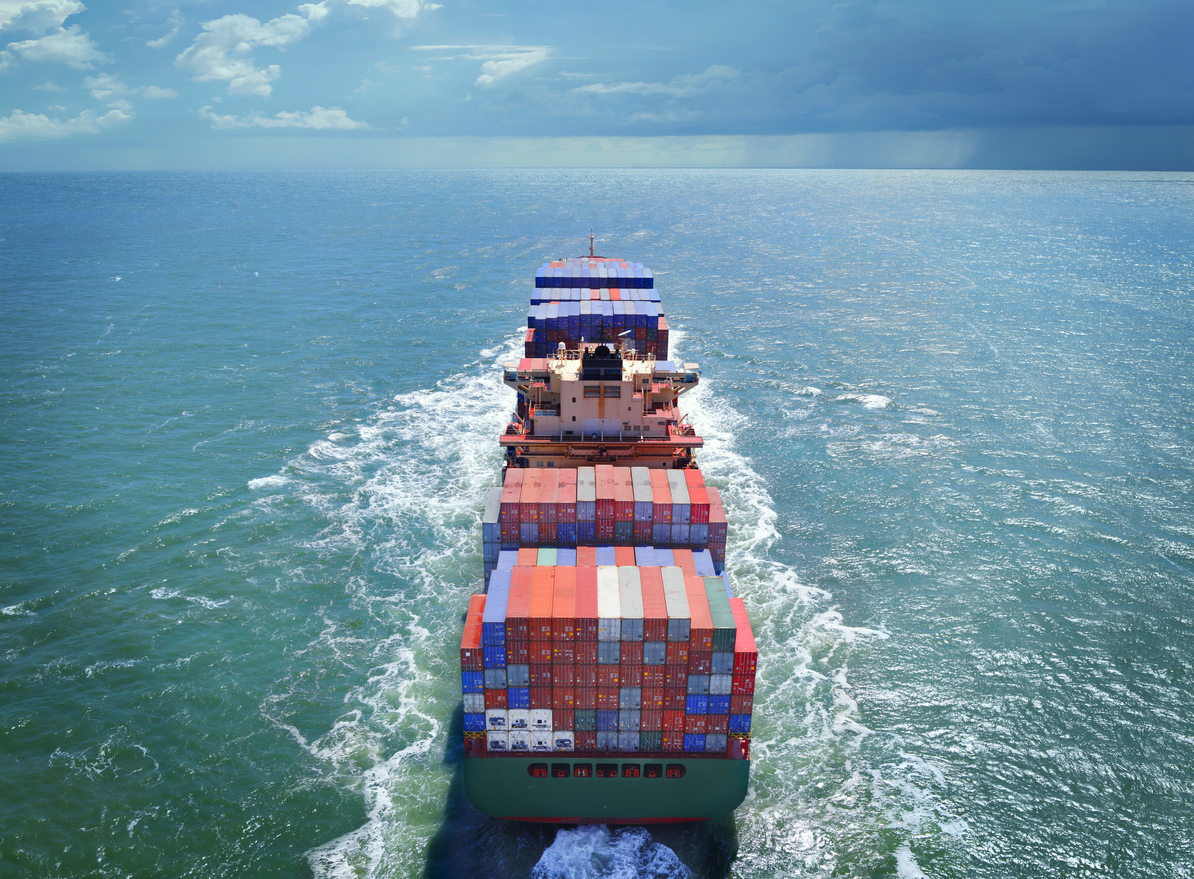Top Risks Facing the Cargo Shipping Industry

Responsible for shipping 90 percent of the world’s trade, cargo ships are part of the global economy’s backbone. The international cargo shipping industry transports goods with an estimated value of $4.5 trillion on an annual basis and is projected to increase by about 4.7 percent in the coming years. And while this may sound like a good thing for the world’s economy as a whole, it also represents several potential risks for the cargo shipping industry.
The most common cargo shipping risk management issues have traditionally been somewhat predictable; natural disasters, mechanical failures, and human error. However, the rapid growth of international trade and the introduction of new technologies means that the container shipping industry faces a new set of risks. The identification and mitigation of these risks are important as the shipping industry’s successes and failures can have wide-ranging effects on global business.
What are the top risks facing the cargo shipping industry?
- Natural Catastrophes: Large losses from a group of natural disasters since 2017 remind the industry that it cannot overlook the traditional risks it has faced for generations. The severity and growth of natural weather catastrophes in recent years has shined a light on the importance of preparing for significant storms at sea and the port.
- The most recent hurricane seasons helped illustrate the fragile nature of supply lines. From gasoline markets being disrupted in the southern United States on account of Hurricane Irma to logistical issues connected to higher demand for transportation fuels, natural disasters have hurt the cargo shipping industry’s consistent supply chain model.
- Cyber Risks: Cyber risk is one of the top threats in practically any industry, especially since the global supply chain has continued to be more accessible and interconnected digitally. While computer systems aboard cargo ships are self-contained, they are vulnerable to insider threats, such as human error or disgruntled employees with their own motives. Hacks from the outside are also still possible, being able to send ships on auto-pilot off course.
- Autonomous Shipping: Ships have been moving with the help of autonomous technology for years now, and like other parts of the global freight industry, are increasingly being driven by computers and autonomous shipping methods. And while this has helped shipping companies focus on different parts of a shipping project, there’s still a long way to go to make autonomous shipping the sole method of transportation.
- The main issue with completely transferring over from human piloting to autonomous shipping is the unproven status of having computers and artificial intelligence in charge of piloting. Crewless ships will undoubtedly deploy in the coming years, but the jury is still out on whether these cargo ships are safe enough and if regulations will clear the way for ocean-going autonomous cargo ships.
- Piracy: Piracy is still a very active threat for cargo ships out at sea. Traditionally, cargo shipping theft has been closely linked with piracy at sea, especially in Southeastern Asia. Since the Cold War, countries in the region have taken steps to crack down on theft and piracy, leading to an actual decrease in illegal activity such as hijackings for cargo theft. However, this does not mean that those in the industry should put their guard down. Piracy will always be a present threat. Shipping companies should continue to have plans for when pirates accost a cargo ship on their roster. Keeping a risk management plan for piracy can help to limit financial losses and contribute to lowering the number of threats out at sea.
About WQIS
At Water Quality Insurance Syndicate (WQIS), we provide water pollution liability insurance from the smallest to the largest fleets for vessel operators worldwide, providing coverage for more than thirty thousand (30,000) vessels, pollution guaranties for over three thousand five hundred (3,500) vessels, and have cleaned up over five thousand (5,000) spills in our history. WQIS offers insurance on behalf of twelve (12) subscribing insurance companies in the Marine Insurance Market (see Subscribers for details).
